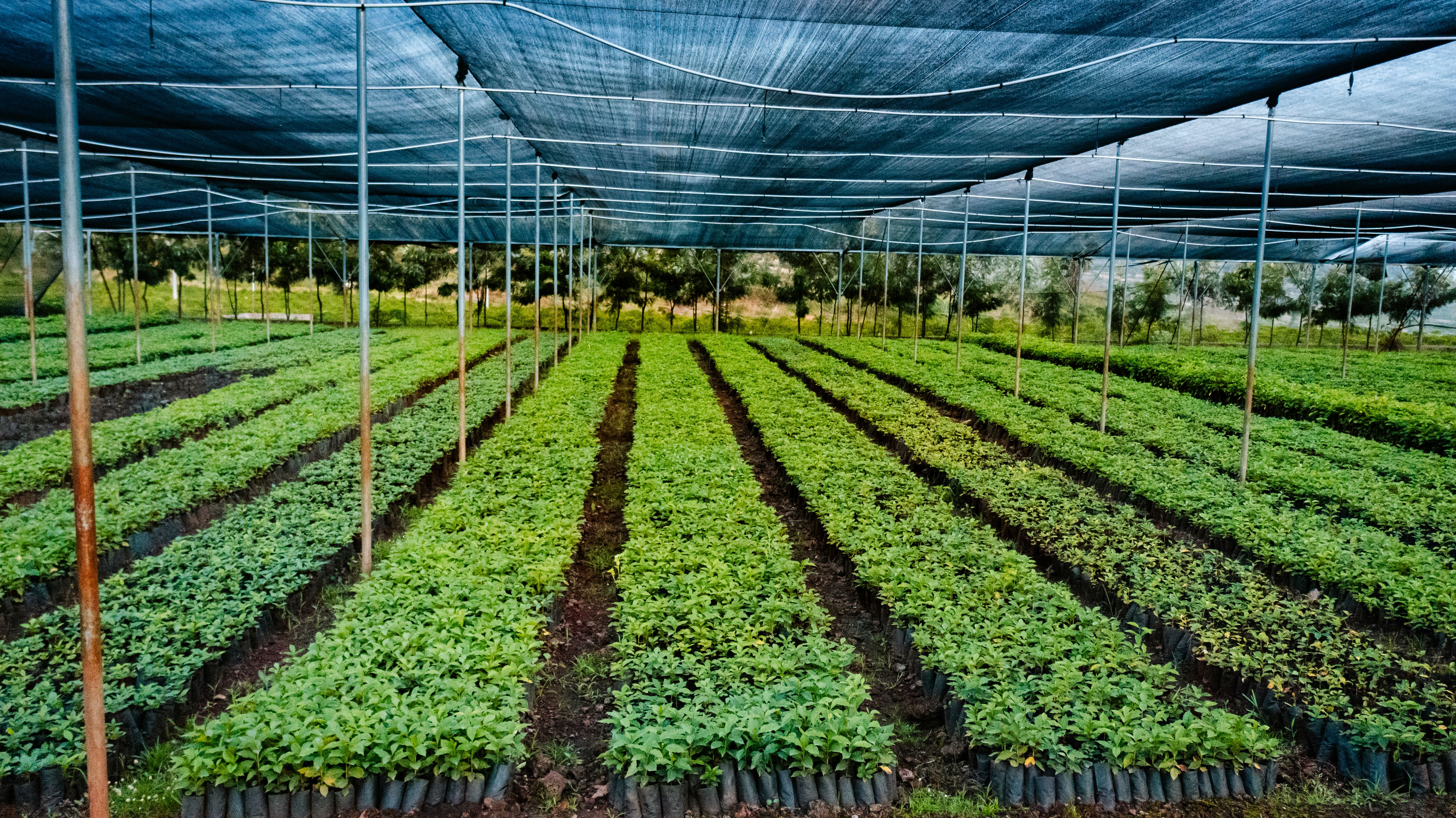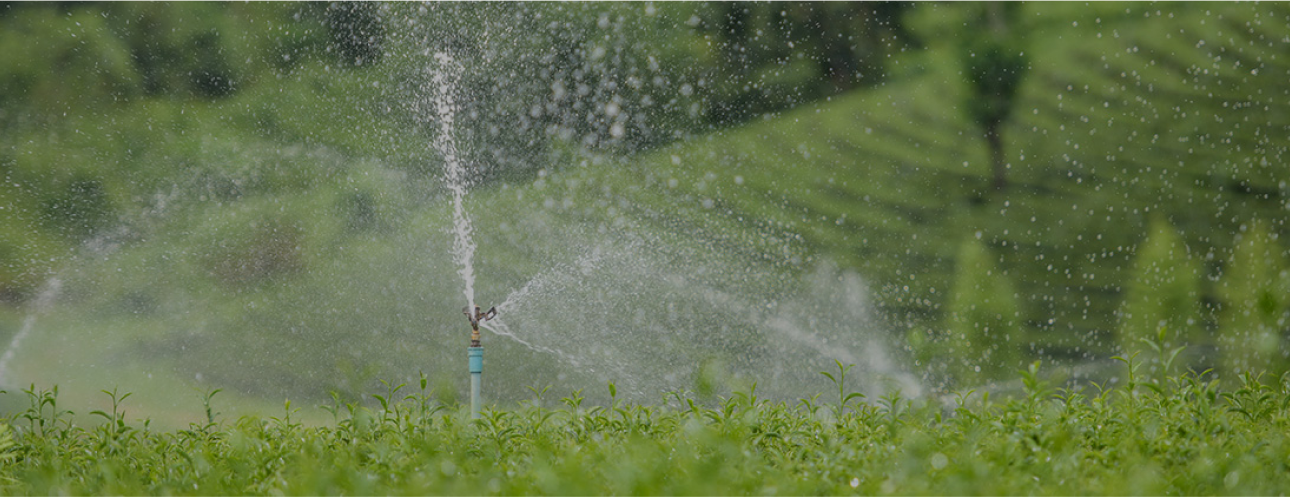
Coffee Process
Media

CEO NOTES
The spread of organised coffee cultivation in Ethiopia - as related by lsrael Degefa.
Coffee spread to the highland areas of Sidamo where the trees are newer. In my home area, the trees can be 65-85 years old. Trees this mature no longer produce good, flavoursome coffee but farmers have been resistant to replanting due to the perceived interruption in their income. On a side note, in response to this issue Kerchanshe now runs a range of ...
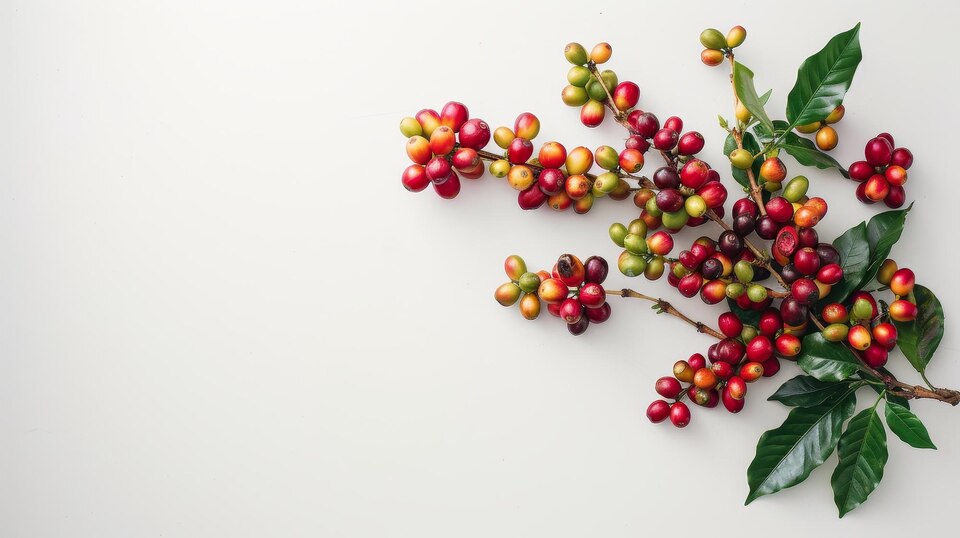
Our Farms

Our Coffee Farms are beyond Farming
At Kerchanshe, our coffee farms represent more than just a commitment to producing exceptional coffee; they embody our dedication to social and environmental sustainability. Our owned farms are a platform for implementing best practices in coffee cultivation while positively impacting the surrounding communities. We integrate sustainable farming techniques with a deep commitment to enhancing the well-being of local communities, ensuring that our operations contribute to a healthier environment and a better quality of life for those around us.
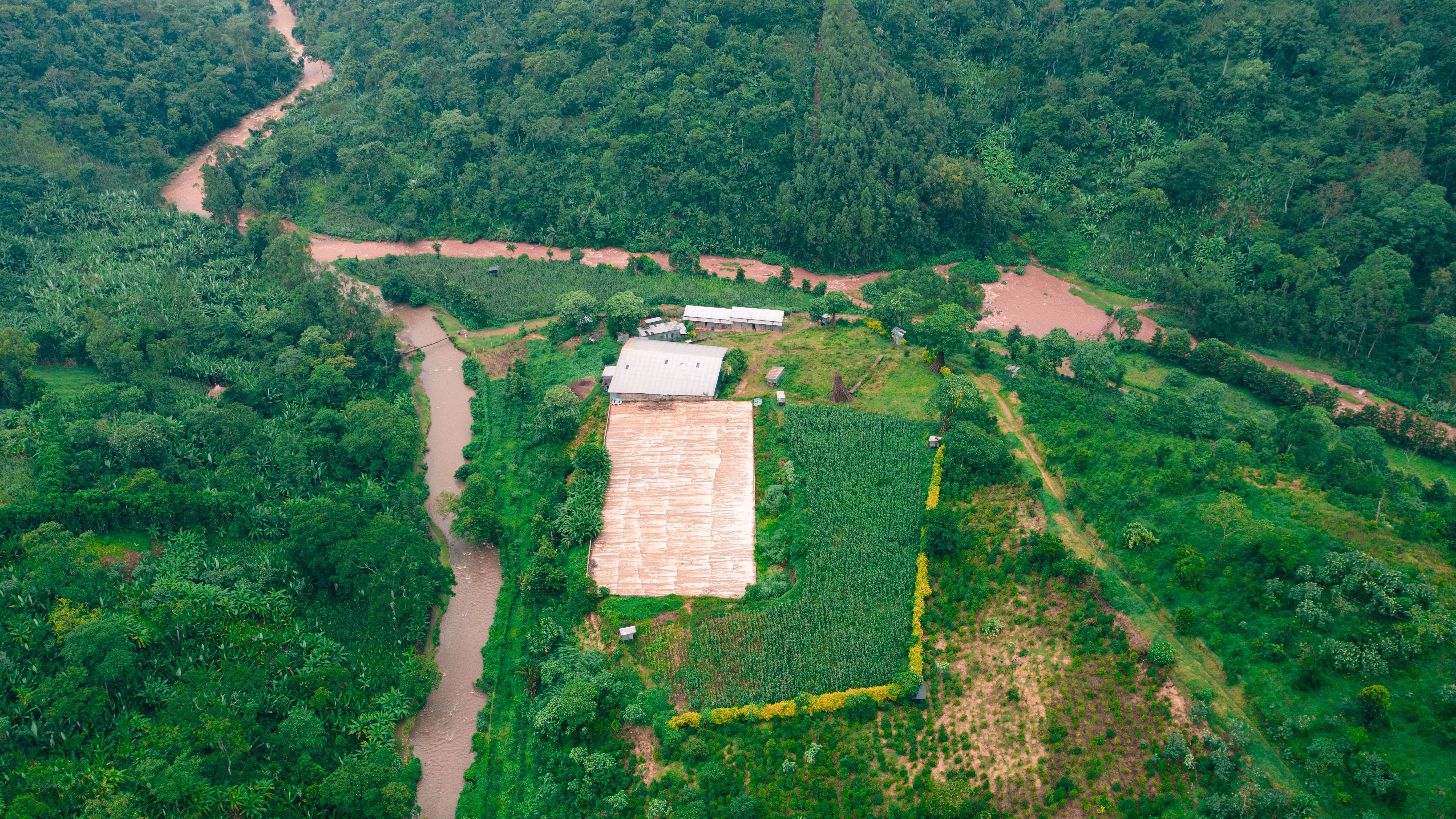
Bale Mountain Farm
Situated in the Arsi-Bale Mountain belt of the southeastern Ethiopian Highlands, Bale Mountain Farm is located at elevations between 1,800 and 2,200 meters above sea level. This farm benefits from its proximity to the Wabe Shebelle River and surrounding forested mountains. The farm's eco-friendly and sustainable coffee cultivation practices are intricately linked with the surrounding forest ecosystem. Large shade trees on the farm play a crucial role in conserving water, enhancing soil fertility, and maintaining ecological balance, which directly supports high-quality coffee production.
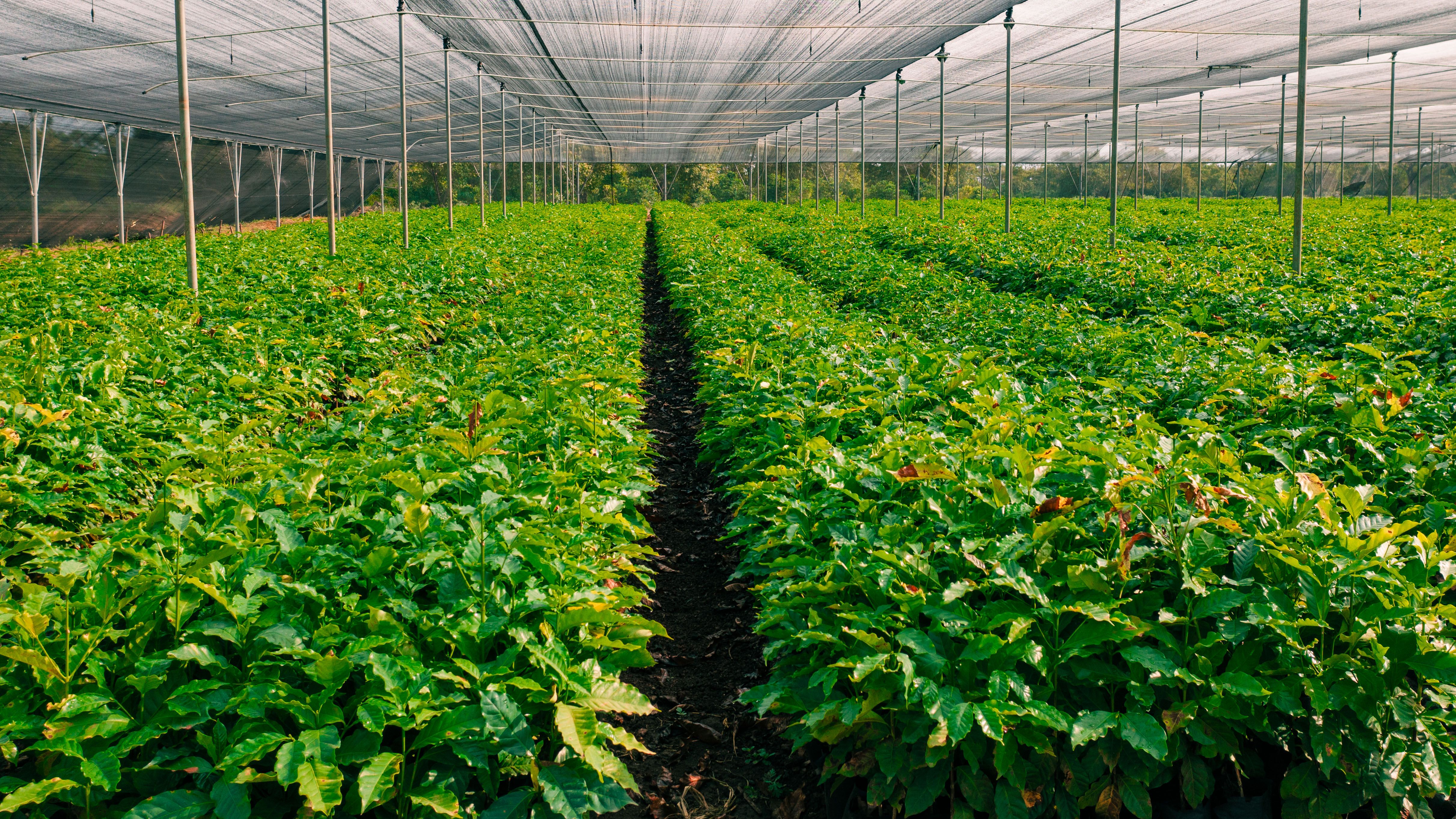
Gelana Gesha Farm
Gelana Gesha, a cornerstone of Kerchanshe’s coffee production, spans an impressive 750 hectares. This farm, located near Yirgacheffe at an altitude of 1400-1800 meters above sea level, exemplifies our commitment to excellence through advanced cultivation techniques and sustainable practices.

Our innovative irrigation
At Kerchanshe PLC, we use irrigation systems to control climate effects across our 46 washing stations, tailoring water management to each farm’s unique conditions to maintain coffee quality and productivity.
